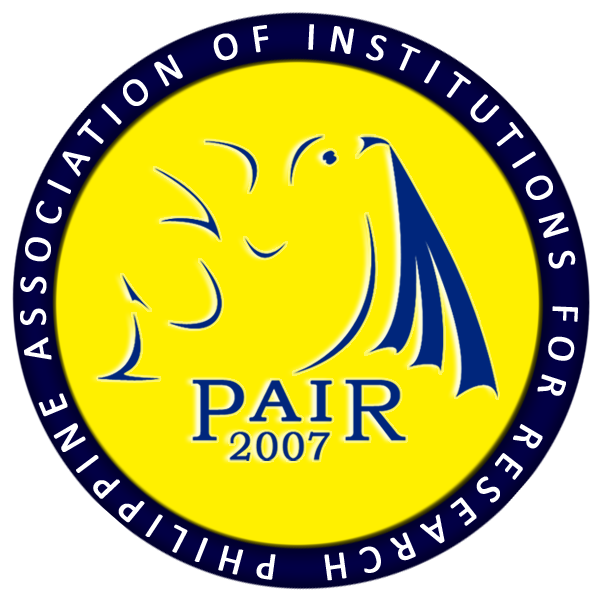Solid Waste Management (SWM) Conditions, Practices, and Challenges of Select Barangays in Lipa City
DOI:
https://doi.org/10.7719/jpair.v43i1.738Keywords:
Social Science, solid waste management, descriptive-evaluative, quantitative research design, PhilippinesAbstract
One of the significant challenges around the globe is solid waste and solid waste management. In Lipa City alone, over 167kilos of garbage are produced per day, making it the second biggest waste generator in Batangas province. The study aimed to identify the city’s solid waste management conditions, practices, and challenges, focusing on three selected barangays. The focus was to identify, evaluate, assess the existing solid waste management; and design and develop a piece of equipment as an alternative way ideal for the current condition of solid waste management for these barangays in Lipa City. This study used the descriptive-evaluative and quantitative research design; utilized the 10-year Ecological Solid Waste Management Plan of the Lipa City Environmental and Natural Resources Office or CENRO; and a personal interview with the head and 27 staff in the solid waste management of the city. This study found out that problems still arise despite the strict implementation of solid waste management in these three barangays. As part of the program to be implemented, the researchers proposed introducing a biodegradable composter known as BIOCOM.
Downloads
References
[RA 9003] in the Philippines. (2000). Republic Act No. 9003: Ecological Solid Waste Management Act. Quezon City, Philippines. Retrieved from https://bit.ly/3rMz6gF
Downloads
Published
Issue
Section
License
Copyright (c) 2021 Joan M. Villanueva, Annabelle B. Magsino, Floryfe G. Hernandez, Abigail Marie U. Hernandez

This work is licensed under a Creative Commons Attribution-NonCommercial 4.0 International License.
Open Access. This article published by JPAIR Multidisciplinary Research is licensed under a Creative Commons Attribution-Noncommercial 4.0 International (CC BY-NC 4.0). You are free to share (copy and redistribute the material in any medium or format) and adapt (remix, transform, and build upon the material). Under the following terms, you must give appropriate credit, provide a link to the license, and indicate if changes were made. You may do so in any reasonable manner, but not in any way that suggests the licensor endorses you or your use. You may not use the material for commercial purposes.




















